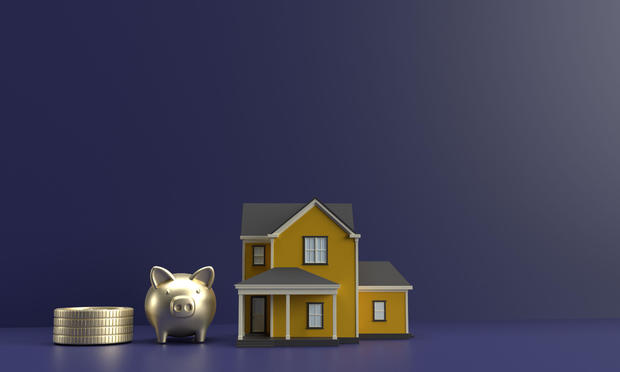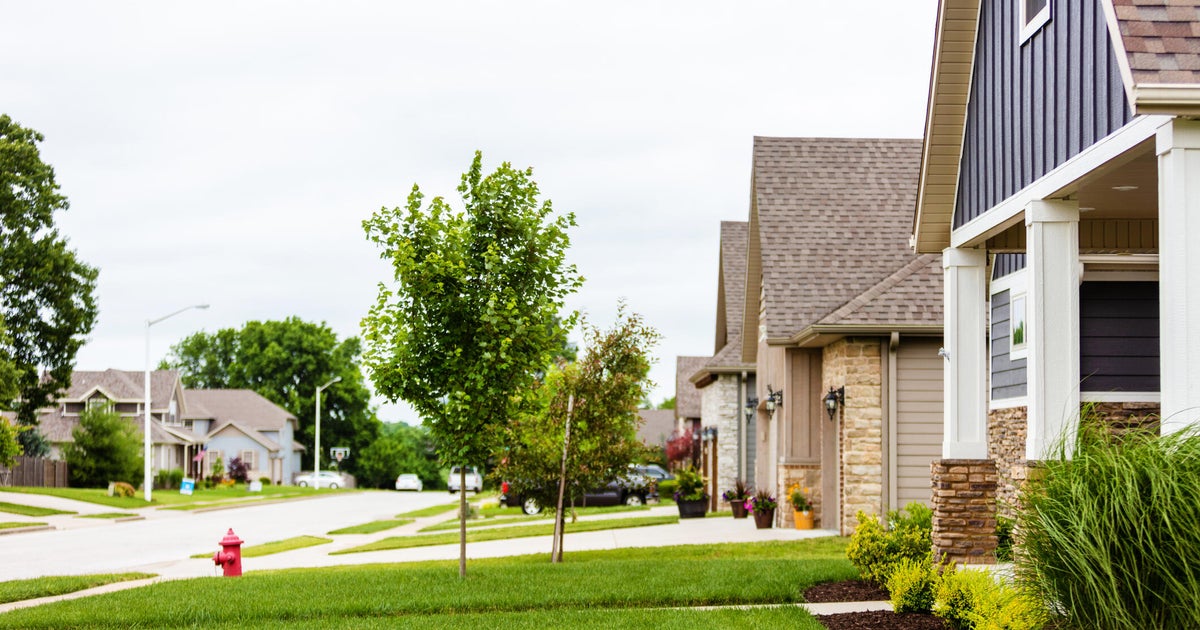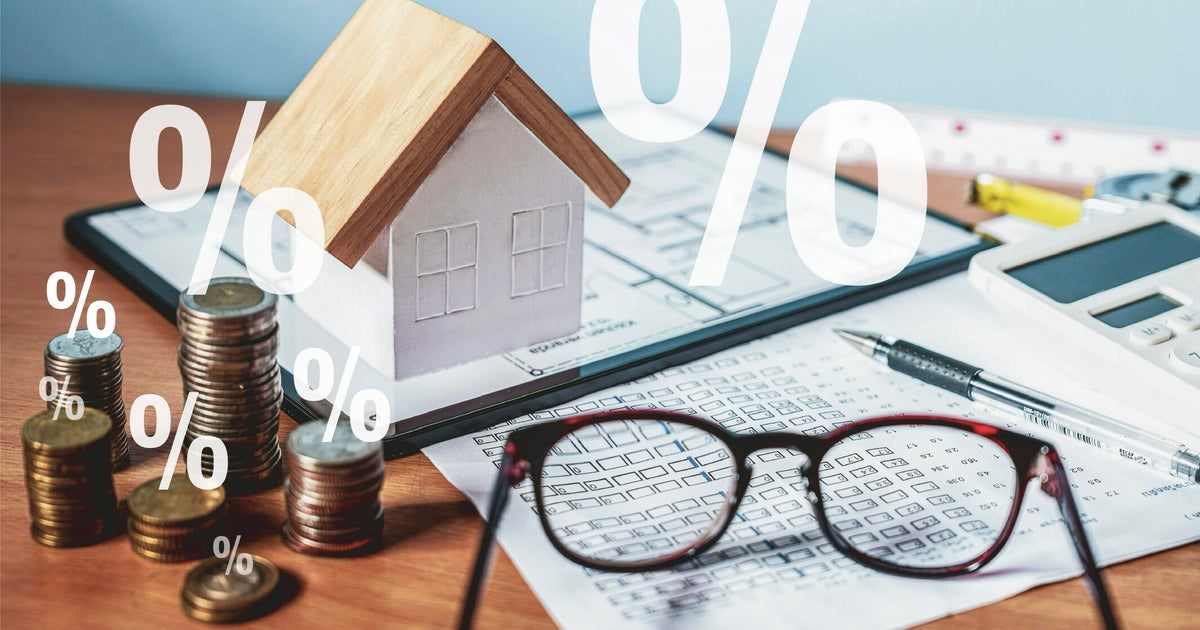These 4 costs are negotiable when buying a home, experts say
Elevated mortgage rates continue to drag on the housing market well into 2024. There's a shortage of homes for sale, with many homeowners opting to stay put and keep the historically low interest rates they secured in 2020 and 2021, when rates averaged 3.20% and 3.06%, respectively. The housing shortage, combined with elevated mortgage rates and high home prices, has many homebuyers looking for ways to save money on their home purchase.
Securing a lower mortgage, however, may be more difficult in this high-rate environment. For one, many lenders are tightening their lending practices due to the uncertainty of the economy. And with buyers already facing high costs to purchase a home, the option of buying points to lower the mortgage rate isn't an option for many. However, there are other ways to save when you're buying a home, experts say.
Compare today's top rates to see how you can save on a mortgage loan.
These 4 costs are negotiable when buying a home, experts say
There are a number of costs buyers may negotiate during the home-buying process, including the following:
Negotiate the purchase price
Buying a home may be the most expensive purchase you make in your lifetime. Fortunately, the most significant negotiable cost when buying a home is the home itself. But, before haggling with the seller, it's wise to get a thorough understanding of the market conditions in your local market as well as the seller's circumstances.
"It's important to be as aggressive as possible when first trying to put the home under contract," says Atlanta Realtor Michael Ellman. "Negotiations are all dependent on the sellers' circumstances. A good agent tries to get details on the seller's motivation and will use those details, along with the number of days on the market and listing history, to determine an entry offer price. If a home has only been on the market for three days, sometimes the key is just to get the home under contract as quickly as possible and then renegotiate during due diligence."
Find out how affordable the right mortgage loan can be here.
Mortgage rate and loan fees
The average mortgage rate on a 30-year fixed-rate mortgage loan is currently 7.17% (as of May 31, 2024). However, that doesn't mean you can't do better. Remember, lenders want your business and will compete for it. That's why it's always a good idea to get rate quotes from multiple lenders to find the best mortgage rate.
Jennifer Sisson, a Utah-based writer and editor, recently secured a lower mortgage loan rate offer by working with three different lenders.
"Just when I thought I'd gotten the best deal, the other guy came in with the same cash to close and a .5% better rate," says Sisson.
Lisa Gaffikin, a home loan specialist at Churchill Mortgage, says the most popular negotiable item she's seeing is a seller concession for mortgage points.
"The buyer may ask the seller to pay points to reduce the mortgage interest rate for the entire term of the loan, or in some cases, for the first, second and/or third year," Gaffikin says. "This negotiation is very successful if all parties understand the benefits and if the principals to the transaction come to a sales price that saves the buyer money and at the same time helps the seller meet their net dollar expectation."
Home repairs
Including a home inspection contingency in the sales contract allows you to back out of a home purchase if pricey home repairs are discovered during the inspection. If you still want the home, though, you can ask the seller to make the necessary fixes or reduce the home price to offset the repair costs.
"I commonly have sellers kick in for roof, HVAC, plumbing and electrical repairs," says Joel Carson, president and principal broker at Utah Real Estate. "The way we typically handle that is to show a reduction in the price of the home. It's built into the loan. The buyer receives the money rather than having the seller make the repairs or upgrades."
Work with your agent to exercise discretion when negotiating the costs for home repairs.
"I feel the most common repairs that buyers are successful in negotiating with sellers fall into the category of safety issues," says Gaffikin.
Sellers are often turned off by buyers who negotiate for visible or dated items after the offer is negotiated, Gaffikin says, a practice known as "nickel and diming."
Don't forget closing costs
Closing costs, such as appraisal and loan origination fees, can add another 2% to 7% of the home's purchase price on top of the loan amount. In other words, if you purchase a $350,000 home, expect to pay another $7,000 to $24,000 in closing costs.
Thankfully, closing costs may also be negotiable, as many motivated sellers are willing to cover a portion of the costs to make the home more affordable. Sellers can contribute up to 6% of the purchase price towards the buyer's closing costs with most loans. In competitive markets, this practice may be less common. Still, it's worth exploring because paying some closing costs is one way a seller can push a deal across the finish line, and receive a tax credit in the process




